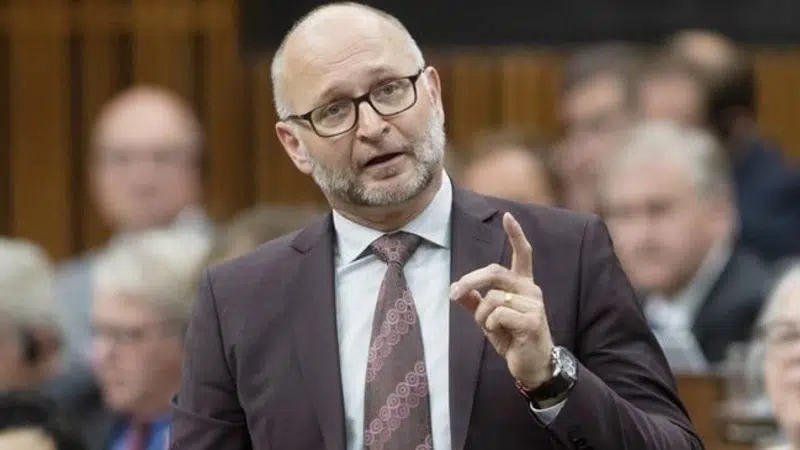
Ottawa urges provinces to end conversion therapy as Alberta city bans practice
The federal government is urging all provincial governments to put an end to conversion therapy as it looks at changes to the Criminal Code.
In a letter to the provinces and territories, Minister of Justice David Lametti, Minister of Health Ginette Petitpas Taylor and Randy Boissonnault, special adviser to the Prime Minister on LGBTQ2 issues, asked them to do their part.
“Conversion therapy is a cruel exercise that can lead to life-long trauma,” said the June 21 letter.
“The provincial, territorial, municipal and federal governments all have roles to play to protect Canadians from the harms associated with this practice.”


